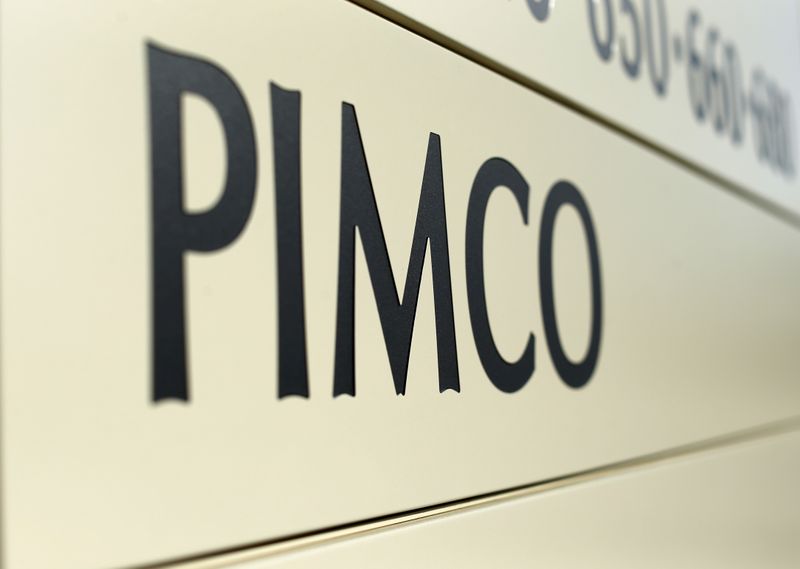This post was originally published on this site
https://i-invdn-com.akamaized.net/trkd-images/LYNXMPEG961LC_L.jpg
NEW YORK (Reuters) – In spite of the rally in risk markets this year, Pacific Investment Management Company (PIMCO) expects low returns across asset classes in the coming three to five years as the global economy recovers from the coronavirus pandemic.
Published on Wednesday, the investment giant’s outlook argues that given the current high valuations in credit and equity markets, and the likelihood that interest rates will be kept near zero, investors should expect a stagnation or decline in profit as a percentage of gross domestic product.
Credit and equity markets have been bolstered this year by investors’ hunt for yield. With interest rates near zero, share prices have risen and borrowing costs have fallen for riskier companies. But the pandemic’s economic realities still mean that revenue – especially in sectors like travel, entertainment and hospitality – won’t quickly recover, and central banks are unlikely to intervene to prevent defaults from rising.
“Given historically low yields and high equity valuations, it makes sense for portfolio managers and asset allocators alike to lower their return expectations rather than stretch too far and extend too far down the quality spectrum in hope of maintaining historical levels of returns,” PIMCO said.
A fresh wave of coronavirus infections or the development of a vaccine could change the outlook for financial markets dramatically. So could the passage of further fiscal stimulus.
The European Union’s recovery package, which will distribute funds throughout 2021, has put the bloc on better footing economically. More fiscal stimulus could improve the outlook for the United States, but the chances of that are unlikely to be determined until after the Nov. 3 U.S. election.
U.S. President Donald Trump on Tuesday said the White House would withdraw from stimulus negotiations until after the election. He later pulled back, saying he would support a few stand-alone bills.
Fiscal policy will also play a key role in whether the Federal Reserve will hit its inflation target in the near term. The central bank earlier this year said it planned to allow inflation to run above target for a period of time in order to average 2%.
“While central banks including the Fed have the means to provide a backstop for asset markets in times of crisis, credibly achieving their inflation targets requires a tool they cannot control: fiscal policy.”

